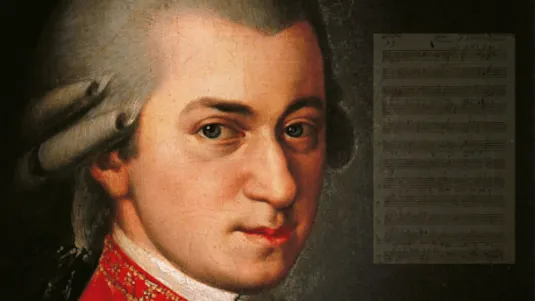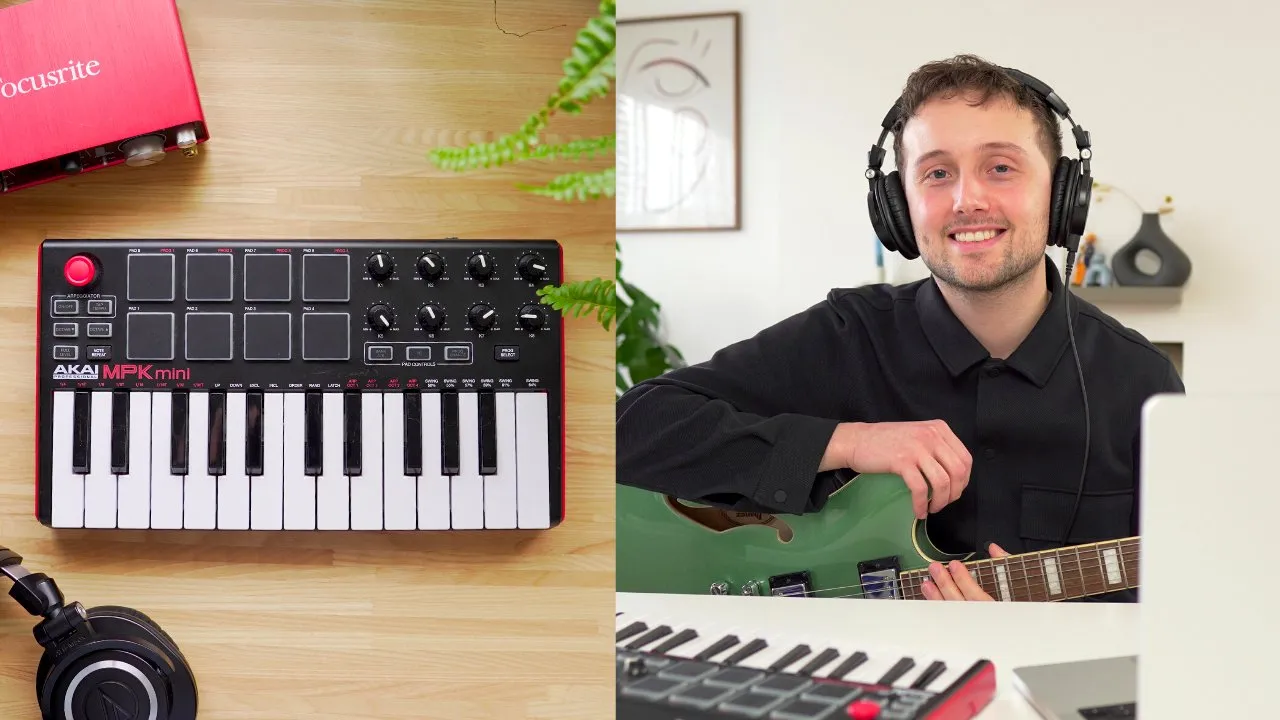
Write Like Mozart: An Introduction to Classical Music Composition 
This course provides an introduction to classical music composition, exploring topics such as harmonic progression, voice leading, texture, repetition, variation, and elaboration. Students will gain an understanding of the strategies for style writing of common practice European art music, while also having the opportunity to explore their creativity within the restrictions of stylistic emulation. ▼
ADVERTISEMENT
Course Feature
![]() Cost:
Cost:
Free
![]() Provider:
Provider:
Coursera
![]() Certificate:
Certificate:
Paid Certification
![]() Language:
Language:
English
![]() Start Date:
Start Date:
24th Jul, 2023
Course Overview
❗The content presented here is sourced directly from Coursera platform. For comprehensive course details, including enrollment information, simply click on the 'Go to class' link on our website.
Updated in [March 06th, 2023]
This course, Write Like Mozart: An Introduction to Classical Music Composition, provides students with an introduction to the strategies of style writing common practice European art music. Through this course, students will gain an understanding of harmonic progression, voice leading, and texture, as well as compositional concepts such as repetition, variation, and elaboration. The course also offers a creative space for students to explore within the restrictions of stylistic emulation.
[Applications]
Students who complete this course will have a better understanding of the fundamentals of classical music composition. They will be able to apply the strategies they have learned to create their own compositions in the style of classical music. Additionally, they will be able to use the techniques they have learned to analyze and interpret existing classical music works.
[Career Paths]
1. Music Composer: Music composers create original music for a variety of purposes, such as film scores, video game soundtracks, and musical theater. They must have a strong understanding of music theory and composition techniques, as well as the ability to work with a variety of musical styles. As technology advances, music composers are increasingly using digital tools to create and produce their music.
2. Music Producer: Music producers are responsible for overseeing the production of music recordings. They work with artists to create the desired sound and ensure that the recording process runs smoothly. Music producers must have a strong understanding of music theory and production techniques, as well as the ability to work with a variety of musical styles. As technology advances, music producers are increasingly using digital tools to create and produce music.
3. Music Educator: Music educators teach music theory, composition, and performance to students of all ages. They must have a strong understanding of music theory and composition techniques, as well as the ability to work with a variety of musical styles. As technology advances, music educators are increasingly using digital tools to teach and assess their students.
4. Music Arranger: Music arrangers are responsible for arranging existing music for a variety of purposes, such as film scores, video game soundtracks, and musical theater. They must have a strong understanding of music theory and composition techniques, as well as the ability to work with a variety of musical styles. As technology advances, music arrangers are increasingly using digital tools to create and produce their arrangements.
[Education Paths]
1. Bachelor of Music in Composition: This degree program provides students with a comprehensive understanding of the fundamentals of music composition, including theory, harmony, counterpoint, orchestration, and arranging. Students will also learn about the history of music composition and the development of various styles and genres. Additionally, students will gain experience in writing for various ensembles and instruments, as well as developing their own unique compositional style.
2. Master of Music in Composition: This degree program builds on the fundamentals of music composition learned in a Bachelor of Music program. Students will learn more advanced techniques in composition, such as form, structure, and orchestration. Additionally, students will gain experience in writing for various ensembles and instruments, as well as developing their own unique compositional style.
3. Doctor of Musical Arts in Composition: This degree program is designed for students who wish to pursue a career in music composition. Students will learn advanced techniques in composition, such as form, structure, and orchestration. Additionally, students will gain experience in writing for various ensembles and instruments, as well as developing their own unique compositional style.
4. Master of Arts in Musicology: This degree program provides students with a comprehensive understanding of the history of music composition and the development of various styles and genres. Students will learn about the history of music composition and the development of various styles and genres. Additionally, students will gain experience in writing for various ensembles and instruments, as well as developing their own unique compositional style.
Course Provider

Provider Coursera's Stats at AZClass
Discussion and Reviews
0.0 (Based on 0 reviews)
Explore Similar Online Courses

Theory of Change for Development

Ashtanga Yoga for Beginners - Half Primary Series

Python for Informatics: Exploring Information

Social Network Analysis

Introduction to Systematic Review and Meta-Analysis

The Analytics Edge

DCO042 - Python For Informatics

Causal Diagrams: Draw Your Assumptions Before Your Conclusions

Whole genome sequencing of bacterial genomes - tools and applications

Orchestral Music Composition & Music Theory for Video Games

Music Theory for Songwriters: From Beginner to Producer

Music Theory Level 1: Part Five
 Related Categories
Related Categories
 Popular Providers
Popular Providers
Quiz
 Submitted Sucessfully
Submitted Sucessfully
1. What is the main goal of this course?
2. What topics are addressed in this course?
3. What is the focus of this course?


Start your review of Write Like Mozart: An Introduction to Classical Music Composition